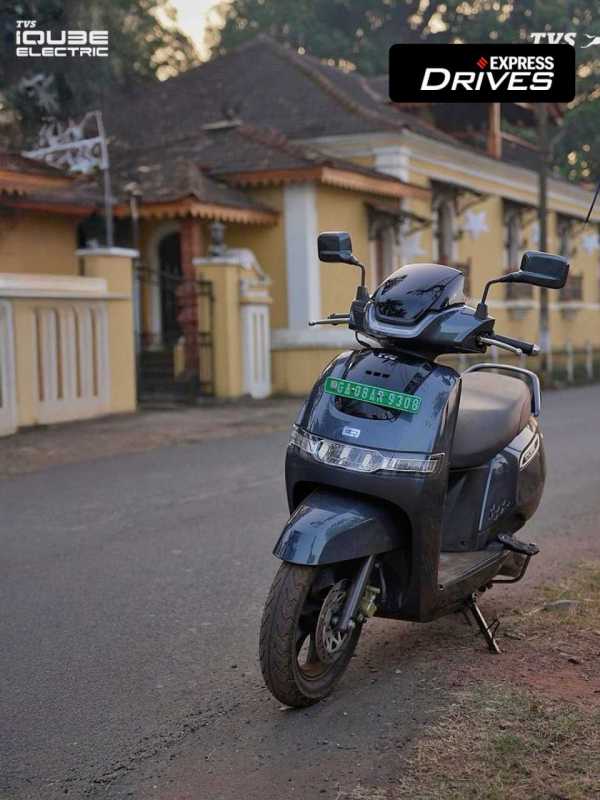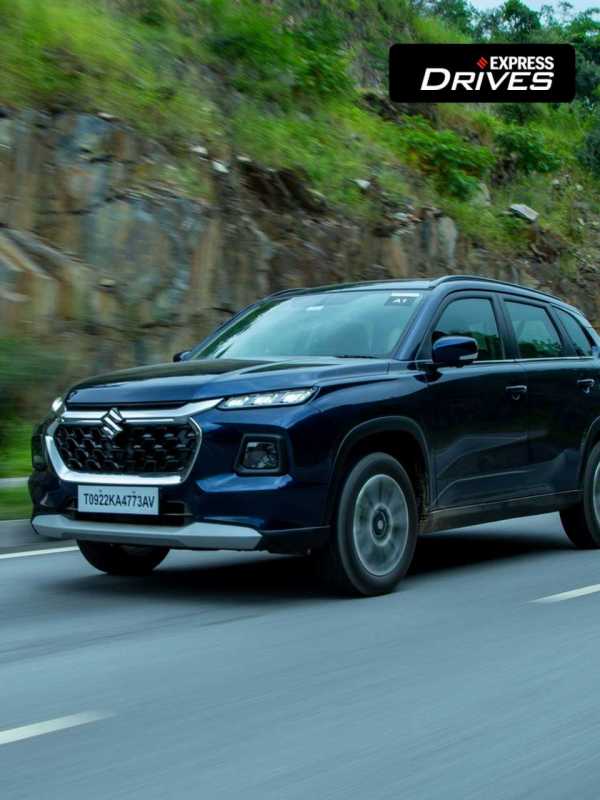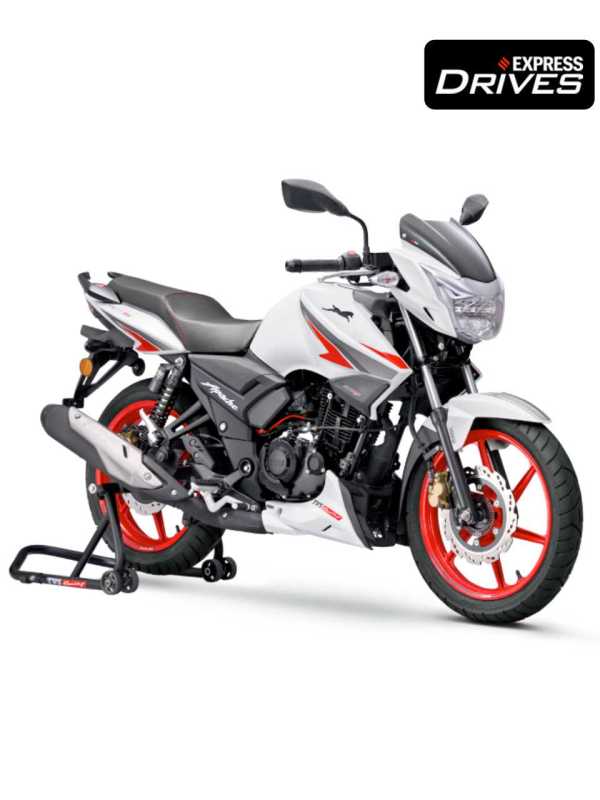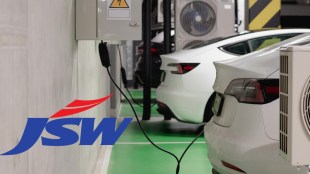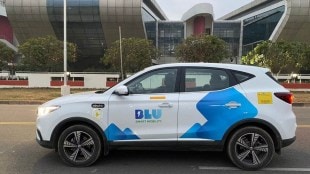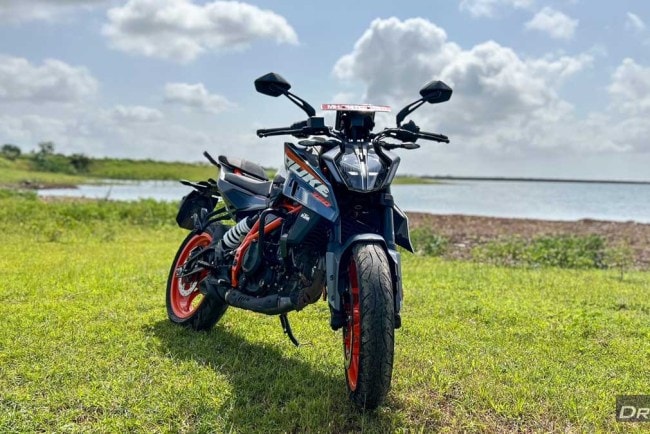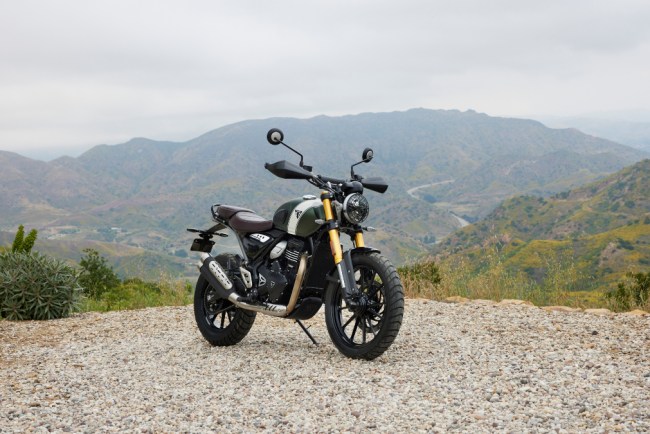Japanese carmaker, Toyota has begun to re-work its strategies for the Indian market and is looking at expanding its hybrid portfolio.
Toyota has been recently partnering with homegrown Suzuki Motors for its low-cost engineering and Toyota’s own mild hybrid technology. “The hybrid bet is a turning point. It will be a litmus test for Toyota’s future and success in India,” a company official told Reuters.
With this, the company has taken care of not repeating the past mistake that happened with the prime hybrid sedan, Camry. The car that was launched back in 2013 did not work that well for the automaker because of the price aspect. This is why Toyota will be focusing more on the cost-effectiveness of its products which involves cutting the cost of full hybrid powertrains by making them in India.
The basic difference between a mild and full hybrid is that the full hybrid vehicles can be stretched to electric power while the former’s technology restricts the vehicle to only supplement the internal combustion engines. Mild hybrids, however, are cheaper in terms of cost.
At a time when global players are bringing in their fully electric vehicles, Toyota’s decision to confine to hybrids in India has attracted criticism from competitors and is being hailed as a smart strategy by experts. Well, only time can tell if this strategy works for Toyota in the long run.
EVs, in comparison to hybrids, come with higher costs as the hybrids don’t have to depend on a charging infrastructure or other associated factors like smaller battery size. The company is perhaps concerned about rolling out EVs for the time being in countries like India where the availability of charging stations is relatively lower and the purchase costs of EVs are still high.
The automaker told Reuters that it wanted more first-time buyers in India to own full hybrids as the first step towards mass electrification and that it would continue to increase local sourcing and production to be competitive.
A combination of a hybrid system with low-cost chassis and some body parts from Suzuki, Toyota’s latest, the Urban Cruiser Hyryder, will be soon hitting the Indian market and industry experts indicate that the compact SUV would range anywhere around Rs 19.725 lakh or $25,000.
Also read: 2022 Toyota Urban Cruiser Hyryder: Top 5 things you need to know
“The high-cost complexity of hybrids is hard to overcome, but it’s a good start,” a company official had been quoted while considering the price-sensitive consumer base. Toyota will sell the Hyryders with a mild powertrain supplied by Suzuki.
A long-time champion manufacturer of full hybrids, for the sake of bringing down the cost to a point that besides the loyal customer base, the automaker can attract more buyers who are willing to own a Toyota is what the strategy is focused at.
“As we come down the price points, we hope to increase our numbers as well as our market share,” Vikram Kirloskar, Vice Chairman, Toyota Kirloskar, the Japanese company’s Indian unit, told Reuters.
As per the sources, Toyota’s next hybrid for India can be a multi-purpose vehicle, or people-carrier and is expected later this year or early in 2023.
Yet another reason that has affected Hyryder’s price is the tax factor and as per the sources, the company is relying on lobbying to get the taxes reduced. The company said it wants New Delhi to provide support, including taxation, to all green technologies that help India achieve its goal of reducing fossil fuel and carbon emissions, to which the response is still awaited.
When global giants like Ford have exited the country, it is perhaps an opportunity for Toyota to expand and strengthen its manufacturing and customer base as well and also direct its attention to local manufacturing, in line with the ‘make in India’ vision.
“Once numbers pick up, the cost will come to a point where hybrids will become mainstream. This will lay the ground for an eventual switch to fully electric or fuel cell vehicles,” a company official said. “It’s a huge bet but we know electrification is the future,” he added.
Also read: Toyota Urban Cruiser Hyryder Mild Hybrid vs Strong Hybrid – Differences
The company has also started working actively on its strategy at its Bidadi auto parts factory wherein the plant is set up for manufacturing E-Drives for the Toyota Hybrid System. The plant is seen as a foundation laid to eventually build an EV supply chain for the automaker and it is expected to produce around 1,35,000 E-Drives a year on one assembly line and could raise even more if need be.
“India is one of the lowest cost bases for these parts. We are competitive on this,” Kirloskar said, adding that he expected about 40 to 50 percent of the manufactured products to be exported, though that could change depending on local demand.
Sources indicate that 55 percent of raw material is solely India-made and this would ultimately earn a big deal of profit for the company as it plans to export the components to Japan as well as the Southeast Asian countries.
With inputs from Reuters.







